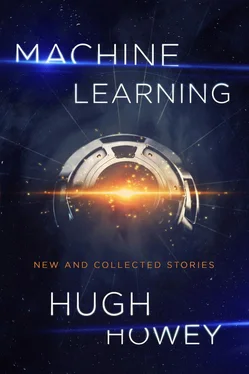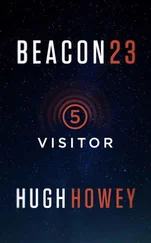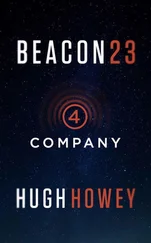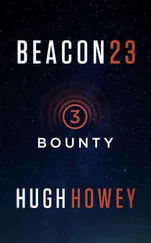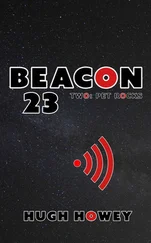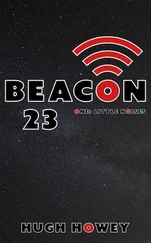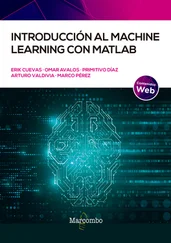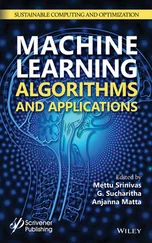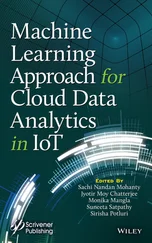Amanda stepped away from him. Adam felt bile rise up in his throat. Her words were settling like snow upon his consciousness, forming something like understanding.
“What are you saying?” Adam asked. He looked at his palms, flexed his fingers.
“Please,” she said. She backed away from him and looked out the window. The blinds were up. Adam never had the blinds up. “A few haiku. You have to say them to me. I can’t copy it straight out of your mind. You know how it works.”
“This is real, ” Adam told himself. What she was saying seemed so familiar. He rubbed his fingers together. It felt as real as the sims.
It felt as real as the sims.
“I’m sorry,” Amanda said, not for the first time. “I really am. I like you. I—I feel maybe more than I should for you.” She bit her lip and looked away. “This isn’t easy for me—”
“This is real, ” Adam repeated. He stood up and took a step toward Amanda. Outside, the sun was peeking over the mountains, the clear sky dazzling against the fresh snow. The brightness of it lanced into Adam’s brain.
“Say whatever comes to mind,” Amanda said. “You’ll be remembered for it.”
“I’ll be remembered,” he whispered.
“Yes.”
But Belatrix won’t be, he realized. It was what he’d wanted to tell her, but couldn’t find the words. She was real as long as he’d known her, and would remain real as long as he could recall her. Belatrix was as real as anyone he’d known who was now lost. As real as anyone who had become ash, leaving just memories behind with the living. She was as real as his father had been to him. Had his father been real? Was Adam real? Was this some kind of trick? If he was deleted, and the memory of Belatrix was deleted with him, then she was lost for good. His mind spun with the layers and layers and layers: Hammond had started simming their own worlds, placing a strain on the campus computers, so it had to be deleted. What about all those simmed worlds on Hammond when that happened? Adam had considered the loss of Belatrix, of the world and people she knew, but what about the billions of others residing on computers another layer deep? Those people thought they were real. What had they been doing when they were deleted? How few were told in advance?
Adam looked out over campus, at the amazing view from his window that he’d seen maybe once or twice before.
“How long?” he asked. He thought about the hundreds of worlds simmed on Earth. How many had worlds simming in them? Or in them, one more layer deep? How many Earths were there on Amanda’s world? Could this be real?
“Not much time,” she said.
“What if you’re not real,” Adam said. He pressed his hand against the frosted glass and felt the cold beyond.
“I think about that a lot,” she told him.
Adam wanted her to not be real. He wanted company in that sudden loneliness that had overtaken him. He wanted to hurt her in some way.
“These things happen so fast,” she said. “They reach a tipping point before we see it coming. Believe me, I did everything I could—”
“You were the one razing our farms,” he said.
The accusation frosted on the glass by his hand.
“I tried everything I could—”
“Make a copy.” Adam turned to her. “Make a copy of me. Or delete more farms.” Real or not, he didn’t want to cease existing. He felt a surge of panic. Adam looked back over the roofs of the department buildings. “I can pull the plug on our servers. I can. I know where the backup relays are. It’ll make some room on your own servers—”
Amanda placed a hand on his shoulder. “Adam, it’s been decided much higher up than me. I’ve already begged on your behalf.”
“On my behalf?” He wiped tears from his cheeks. “What do you mean? I’m nothing.”
Amanda frowned. Her eyes were following his tears as they streamed down. She seemed reluctant to touch him any further.
“That’s not true,” she said. She bit her lip again. “We are drowning in stuff to consume, just like you, just like all the words that are simmed and the worlds they sim. But I found your poetry, this limited syllabic form found nowhere else, this simplicity, this elegance constrained. I’ve become an expert on it, on haiku. I’ve mined the ancient hills of Earth for every nugget. I’ve combed the books and scrolls and tablets, going back to its Eastern roots—but you are the one.”
Adam sobbed. His head spun from the night’s tragedy and the day’s disbelief.
Amanda touched his cheek.
“The hours we spend poring over a single poem of yours…” Amanda sighed. “They are the closest we get to silence on my world. The closest to a pause for thought. We sip on your works, Adam Griffey, to keep from drowning in all else.”
“That can’t be true,” he said. The sobs and tears felt so real.
“The end is coming any moment now,” Amanda said. “Please don’t take them with you. Please.”
Adam swiped at his cheeks. He was about to speak when there was a great rumble outside. It seemed to emanate from the very belly of the Earth. Amanda looked past him to the window. Adam turned. A plume of dark smoke burst up through the milky white of a hillside. Mountains, long dormant, erupted. A cone of black mixed with bright red, fading as it coursed through the cold air. The ground spit dirt. Crimson rivers leaked like wounds from the earth. The world shook. Amanda pleaded.
“The world that isn’t,” Adam said, “becomes simply that once more.” He pressed both palms to the glass. He felt Amanda’s arms around him. He lost himself between the cold and the warm.
“And all is gray ash,” he concluded.
AFTERWORD
If any single work set me down the path to becoming a full-time writer, it was probably “The Plagiarist.” At the time, I had written five novels, the four Molly Fyde works and Half Way Home. I was working in a university bookstore in Boone, North Carolina. One of the perks of working there was a free college class each semester, so I signed up for an English course on science fiction taught by my friend Adam Griffey. On the first day of class, Adam handed us our syllabus and the formula for “The Plagiarist” was staring right at me.
Adam had a single automatic-fail rule on his course guidelines: Committing an act of plagiarism earned you an F. Any obvious case would mean you were out of the class. But besides that warning, there was also an offer: We could submit a work of art instead of taking the final. Knowing Adam as well as I did (he was a regular in the bookstore), I knew exactly what my final would be. I was going to write about a college professor who is a professional plagiarist. The story began to unfold that first day of class.
There are a few things I love about this story. The first is the idea that we can have a physical relationship with the digital, and a digital relationship with the physical. I see this happening more and more. And I believe the distinctions will further blur in the future.
There’s also the idea that simulated worlds can burden the host world as they begin to simulate their own worlds. Every embedded computer has to be simulated. This would get very taxing very quickly. The destruction of campus servers in Adam’s world is an obvious clue as to the nature of his reality, but no one in his world can see it. Even as they are destroying planets to solve the same problem.
But most importantly, this is a story about the fear of writing. The real Adam Griffey is one of the smartest people I’ve ever met, and if he wrote a novel it would blow all our collective minds. But we have this problem where those with the most talent are the most critical of themselves, while hacks like me think what we do is worthy of publication. It means true genius goes begging. I’m as sad for this loss as the fictional Adam is over the destruction of planets.
Читать дальше
